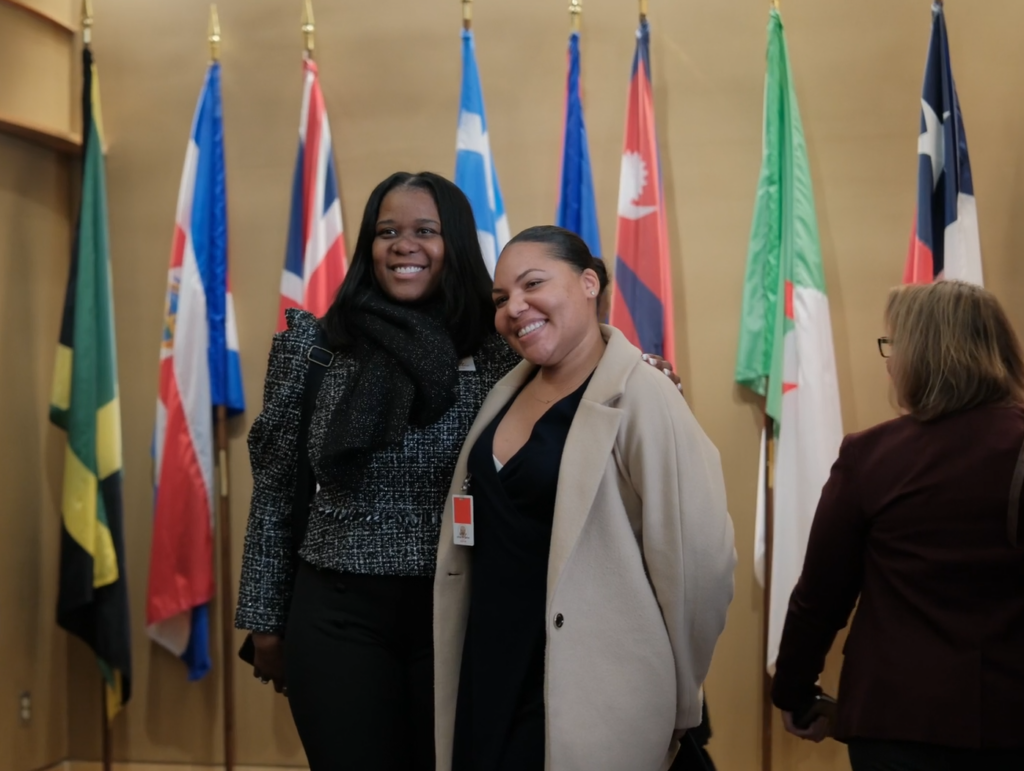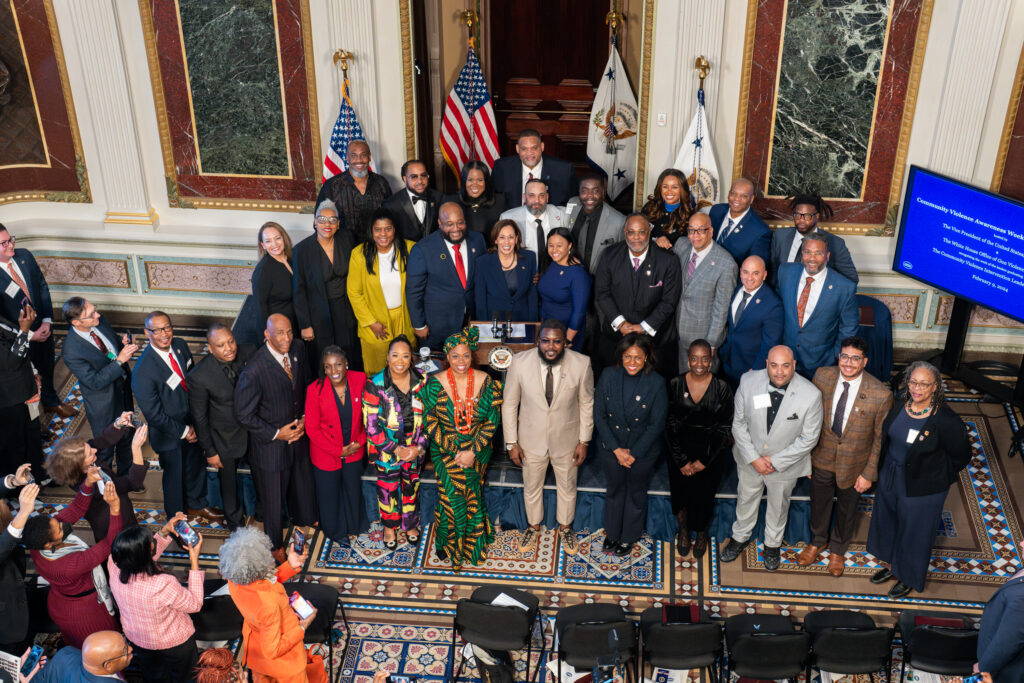Reducing Gun Violence, Advancing Justice
CVI Leadership Academy
The Community Violence Intervention Leadership Academy (CVILA) was established to develop the CVI sector by providing aspiring CVI leaders with the skills necessary to tackle leadership obstacles throughout their careers.


The Crime Lab designs, tests, and scales data-driven innovations to improve the public sector’s response to the dual challenges of America’s gun violence crisis and a criminal justice system that is not truly just.
Given its scale, when it comes to gun violence and the criminal justice system, the government can cause the most harm from its failure–or have the greatest positive impact. That’s why working with public sector agencies to improve their response is central to the Crime Lab’s work: it’s the best way to make progress at scale.

Topics
Our goal is to have an outsized impact on our streets, in our courts, and across our justice system to support neighborhoods disproportionately suffering from these crises. That’s why the Crime Lab measures success in terms of real-world results.
Community Violence Intervention
Through a combination of street outreach by credible messengers and behavioral science-informed interventions, community violence intervention (CVI) programs help de-escalate stressful situations before they lead to violence.
Criminal Justice Reform
We're advancing long overdue reforms to reduce the harms of America's broken criminal justice system.
Gun Violence
In cities across America, communities face high rates of gun violence and significant harm caused by the criminal justice system – both of which disproportionately impact communities of color.
Policing
If we want to address America’s gun violence epidemic and save lives today, fair and effective policing is essential. But for too many communities, we are failing to deliver that kind of policing.
Youth Violence
Gun violence is the leading cause of death for young people in America. But youth violence interventions can help keep kids safe and reach those who are the hardest to reach.
Latest Updates
Jens Ludwig and Jacob Miller: We are seeing a lethal shift in America’s gun violence crisis
The Crime Lab’s Pritzker director Jens Ludwig and analyst Jacob Miller provide commentary on the increase in the lethality of shootings despite the decrease in overall gun violence last year.

A New Way To Address Gun Violence You’ve Never Heard Of | Opinion
Former Chief of the Los Angeles Police Department Charlie Beck, Crime Lab Faculty Director Jens Ludwig, and CVILA Executive Director Dr. Chico Tillmon penned this Newsweek op-ed on the importance of raising awareness about community violence interventions and how they can be used to continue the gun violence reduction trends we saw in 2023.

Vice President Kamala Harris Recognizes the CVILA at White House Ceremony
On February 9, 2024 Vice President Kamala Harris recognized the work of the University of Chicago Crime Lab’s Community Violence Intervention Leadership Academy (CVILA) at an event that will acknowledged the accomplishments of its inaugural cohort at the White House.

